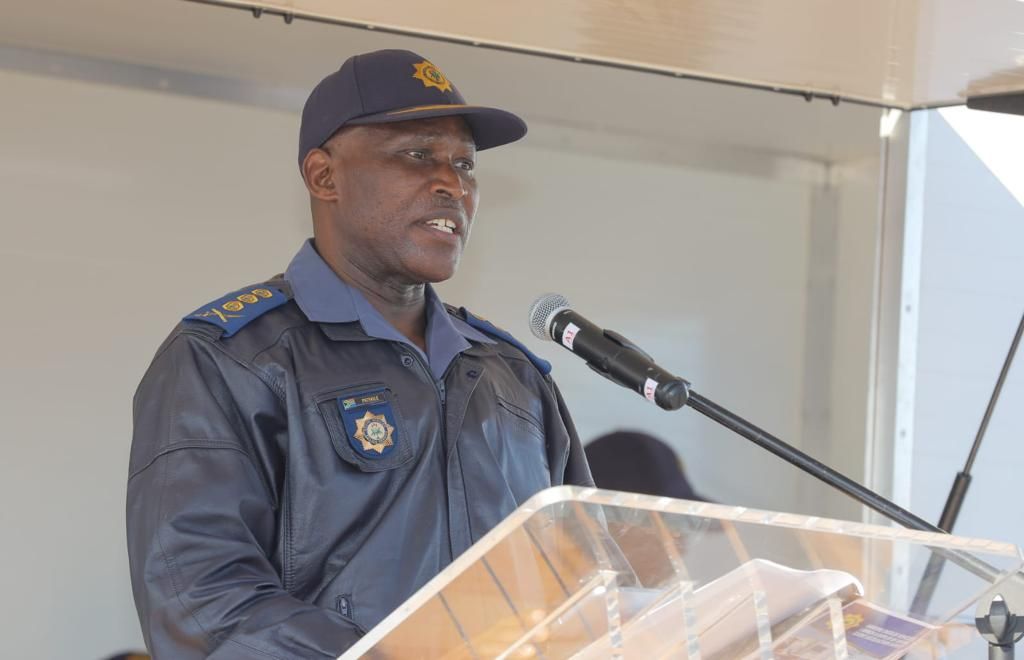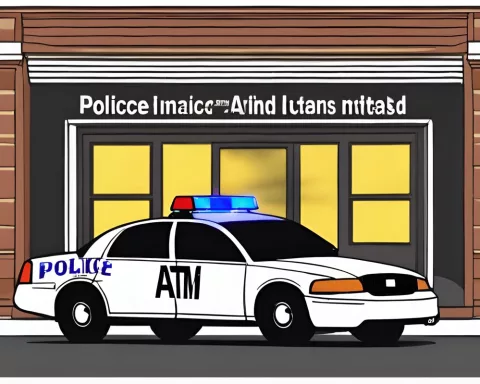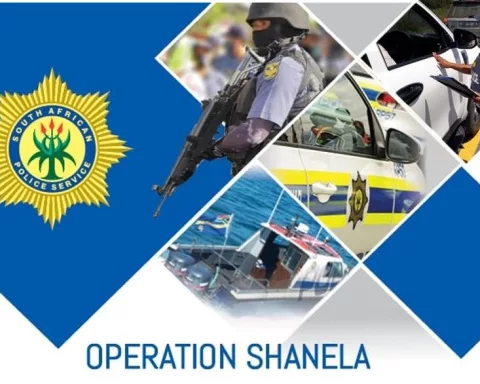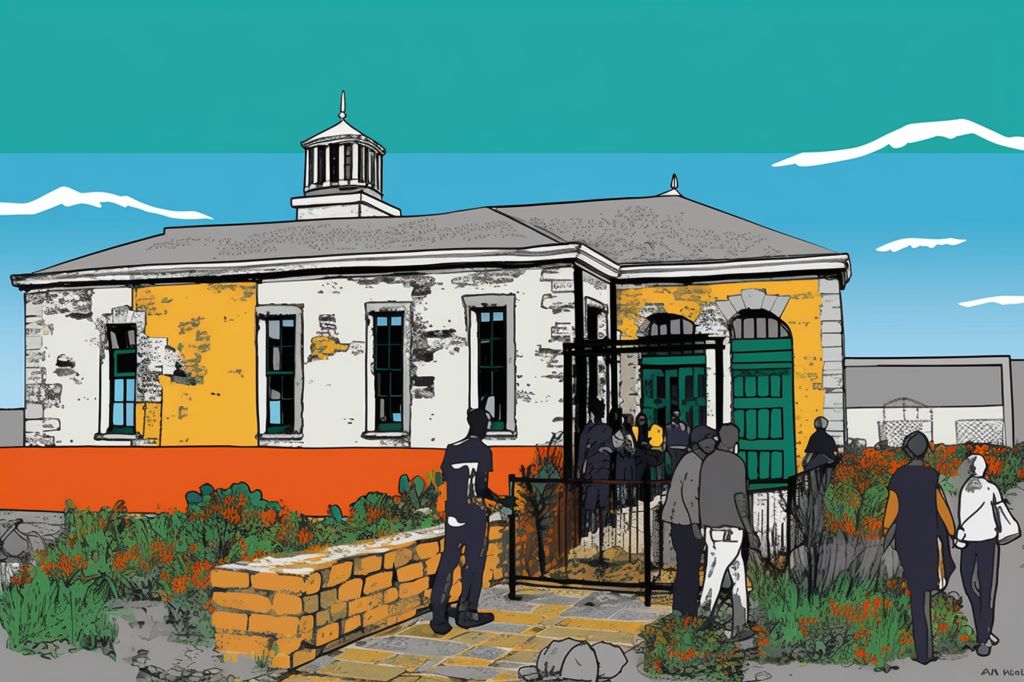The South African Police Service (SAPS) has received a significant boost by handing 251 new operational vehicles to various stations and units in the Western Cape Province. The cars are equipped with the latest technology, including dash cameras and onboard computers, and are expected to improve response times and make policing more accessible to the public.
Event Hosted by Provincial Commissioner and Attended by Police Minister and MEC
The provincial commissioner hosted the launch event, Lt. Gen. TE Patekile, and attended by Police Minister Gen. BH Cele and MEC for Police Oversight and Community Safety, Mr. R Allen. During the event, the Police Minister addressed both SAPS members and the community, emphasizing the importance of the new fleet of vehicles in improving response times and making policing more accessible to the public. Mr. Allen expressed satisfaction that the community can benefit from the latest additions.
‘Rate our Service’ Survey to Enhance Service Delivery
In addition to the launch of the new vehicle fleet, a digital client satisfaction survey called ‘Rate our Service’ was also introduced. The survey is designed to enable visitors to Community Service Centres to use a quick response (QR) code to access the survey online and rate their experience. The results of this survey will be used to enhance service delivery and ensure that the public receives the best possible experience at police stations.
Improving Service Delivery to Communities
The SAPS’s commitment to improving service delivery to the communities they serve is highlighted by this initiative. The ‘Rate our Service’ survey, in particular, is a proactive approach to gathering feedback from the public and using this feedback to drive continuous improvement.
Addressing High Levels of Crime and Gang Violence
The Western Cape Province has been plagued by high crime levels in recent years, with exceptionally high rates of gang violence in certain areas. Introducing the new operational vehicles is a positive step in addressing these challenges and will allow police to respond more quickly and effectively to incidents.
Improving Visibility and Accessibility to Communities
The fleet of vehicles is expected to make a significant impact, not only in terms of improving SAPS’s response times but also in improving visibility and accessibility to communities. In addition, the new vehicles will help to build trust and confidence in the community, as residents will see an increased police presence and response times.
Overall, introducing the new operational vehicles and the ‘Rate our Service’ survey are welcome developments in the ongoing effort to improve policing in the Western Cape Province. By prioritizing service delivery and engaging with the public in this way, the South African Police Service is taking essential steps toward building trust and confidence in the community. The SAPS remains committed to creating a safe and secure environment for all South Africans.












